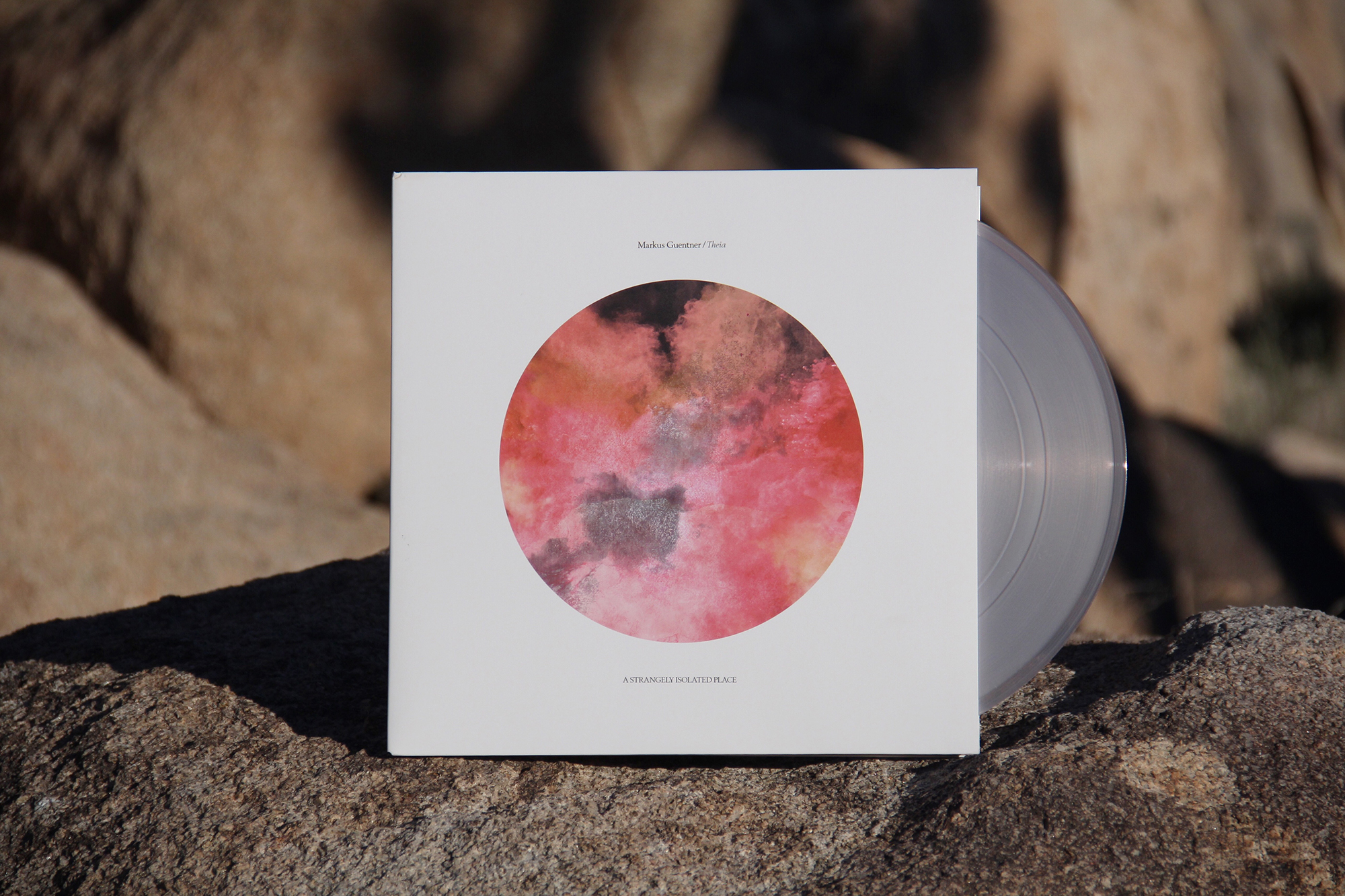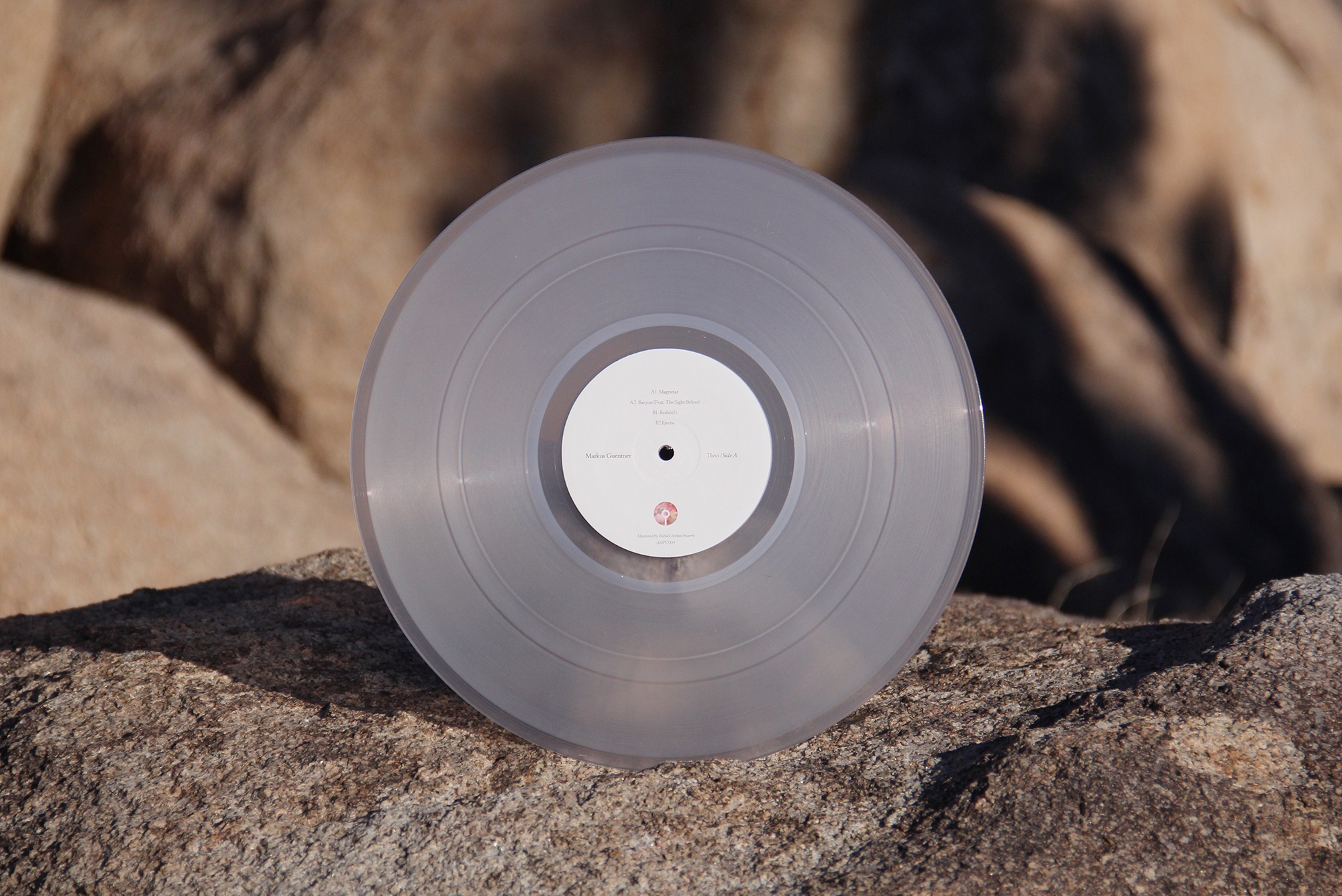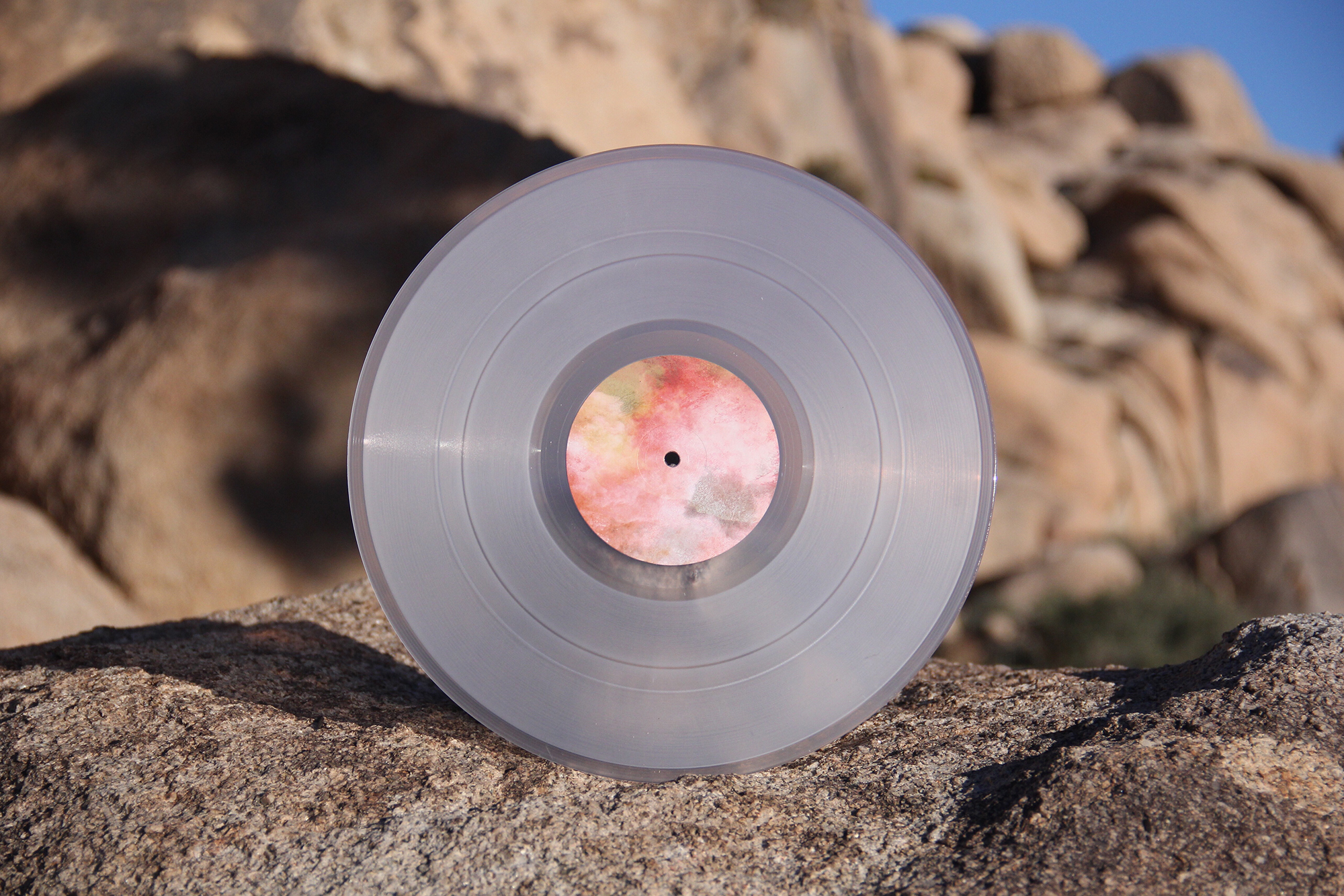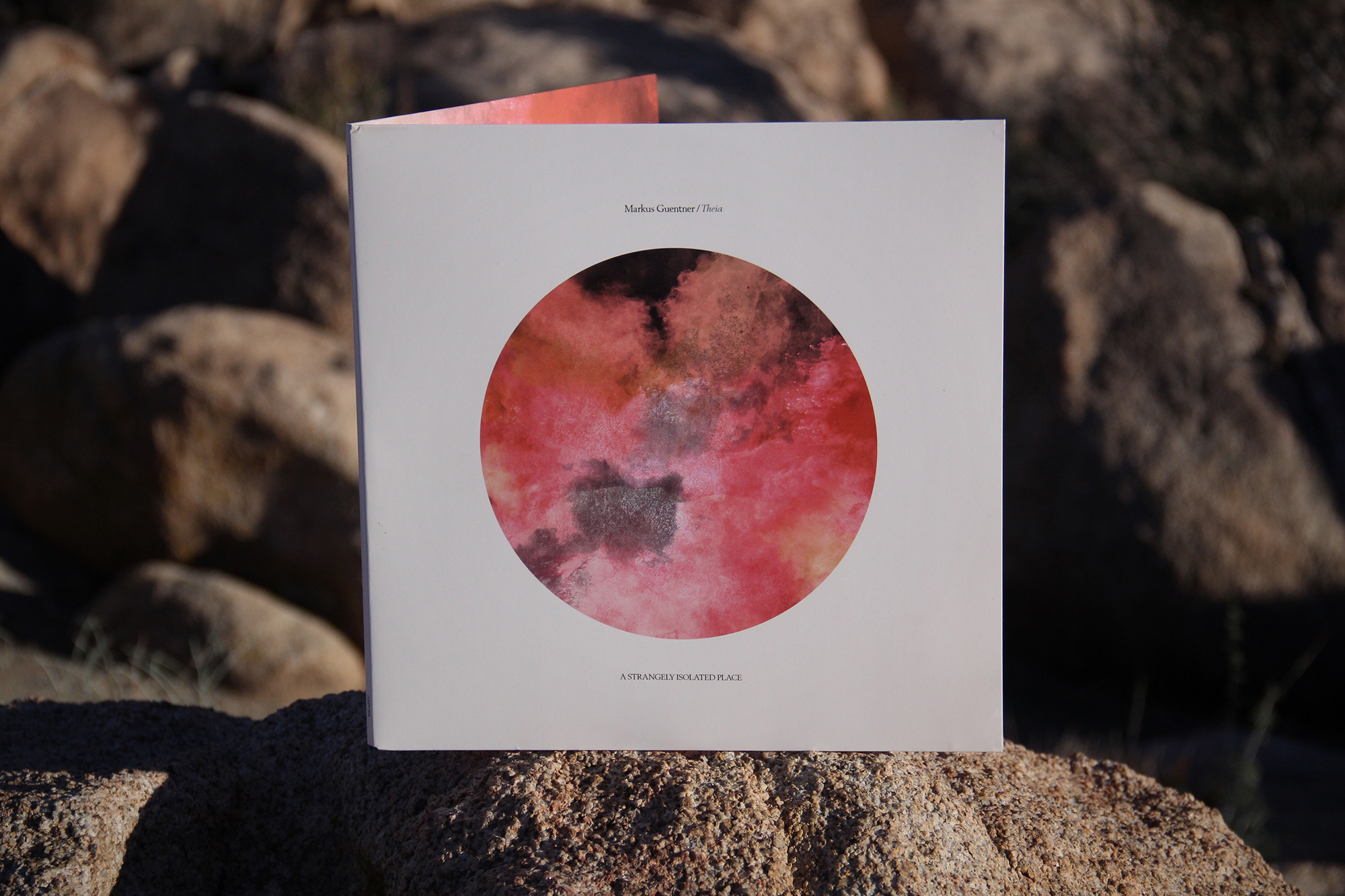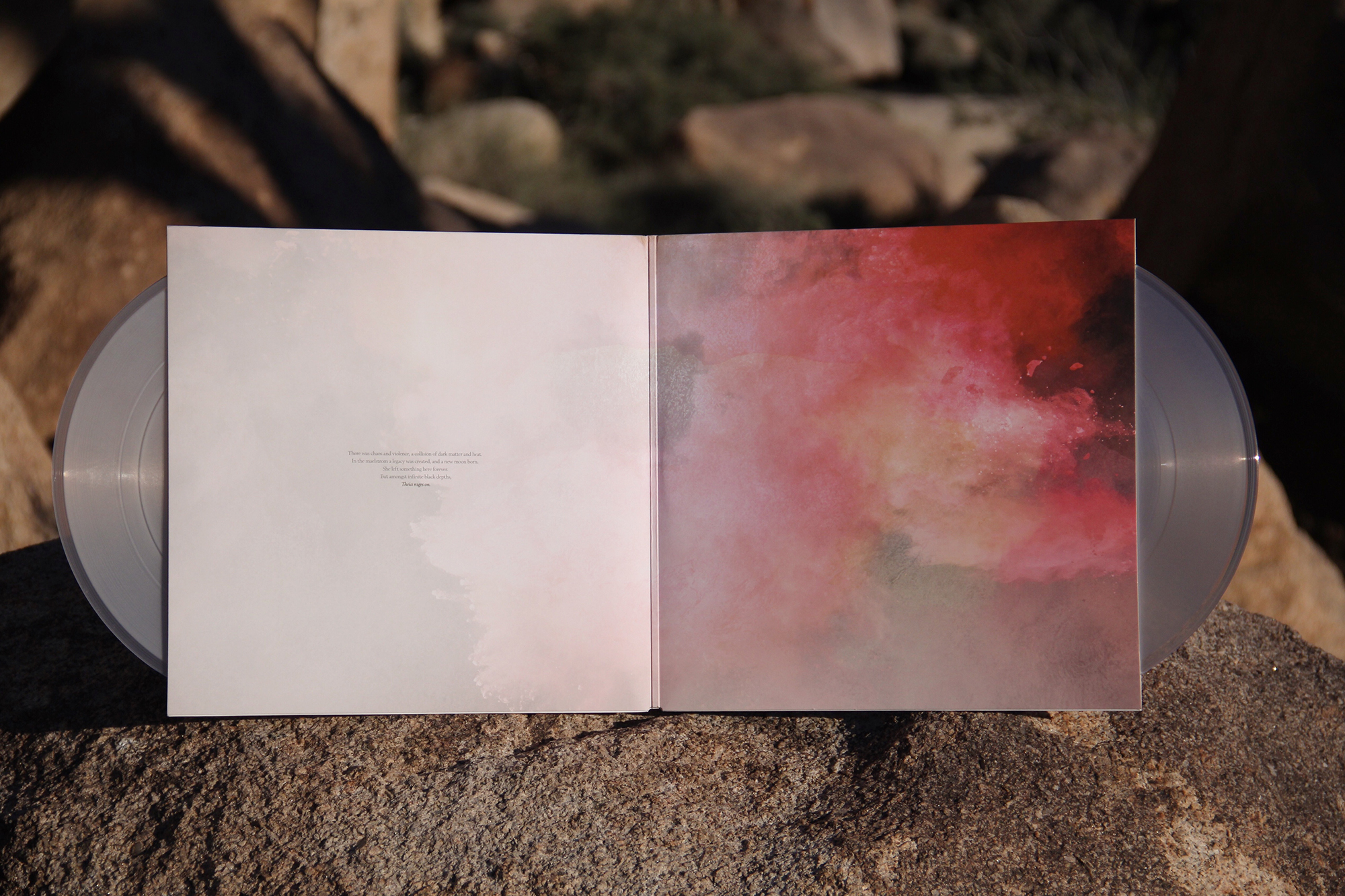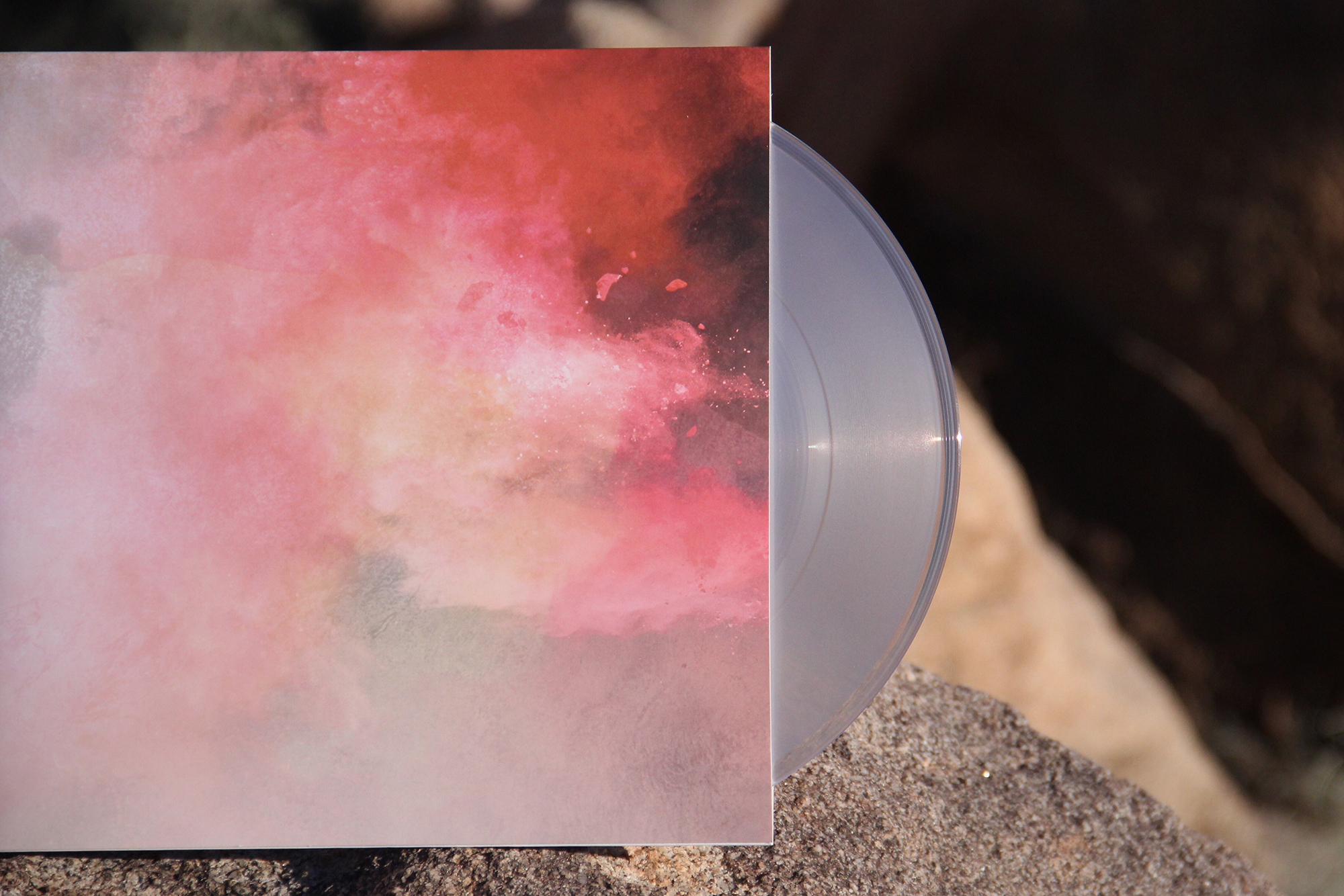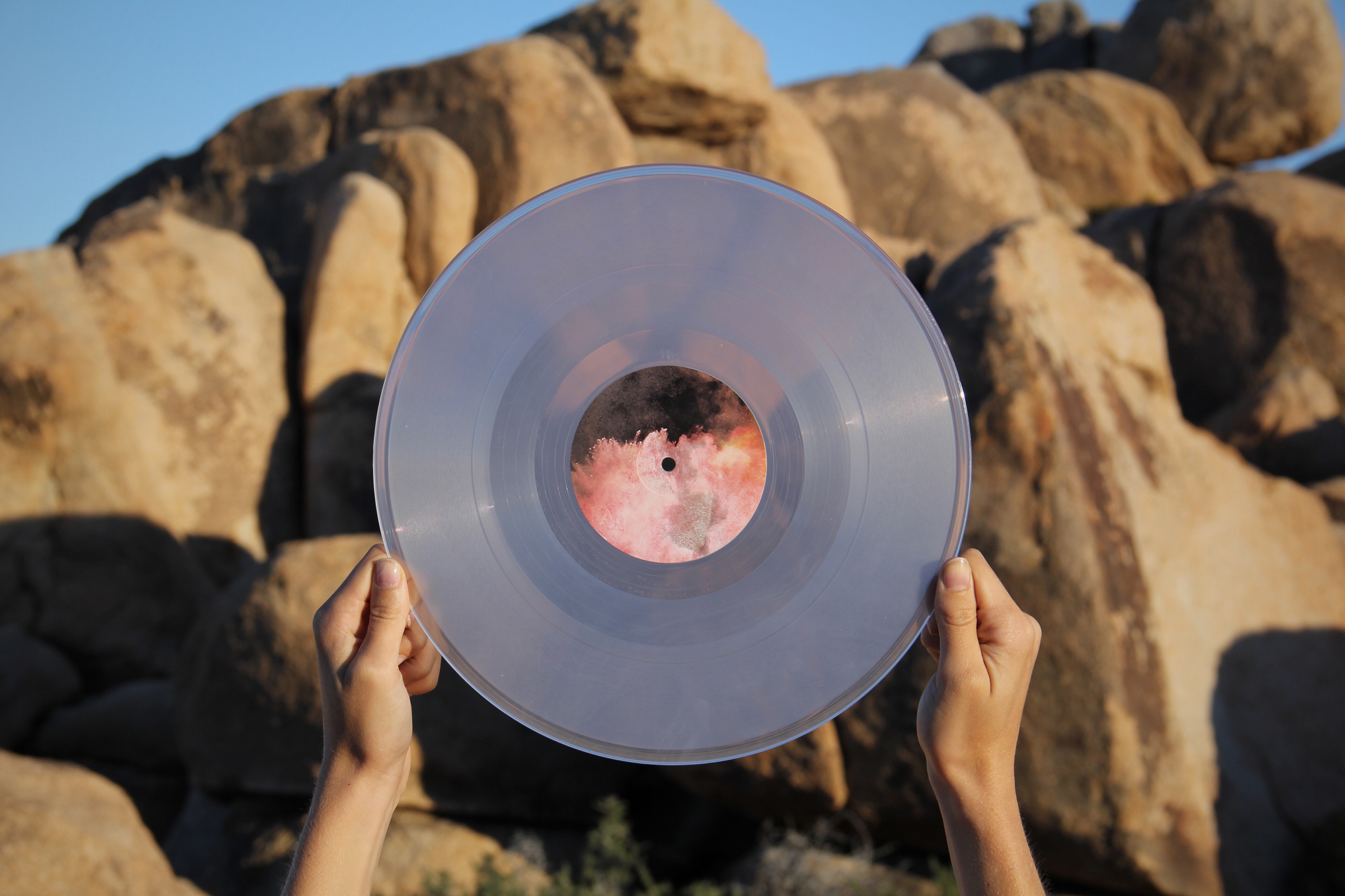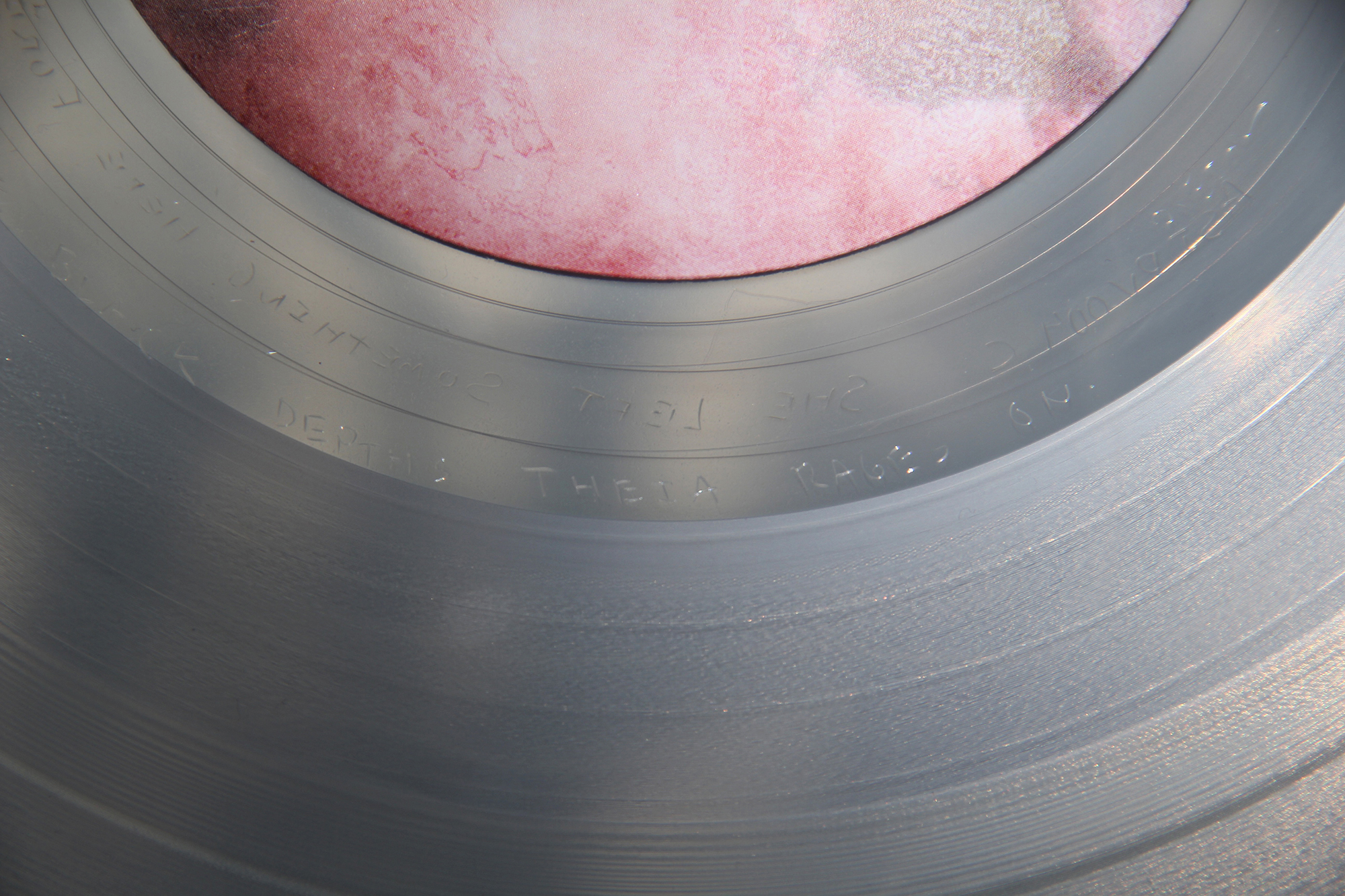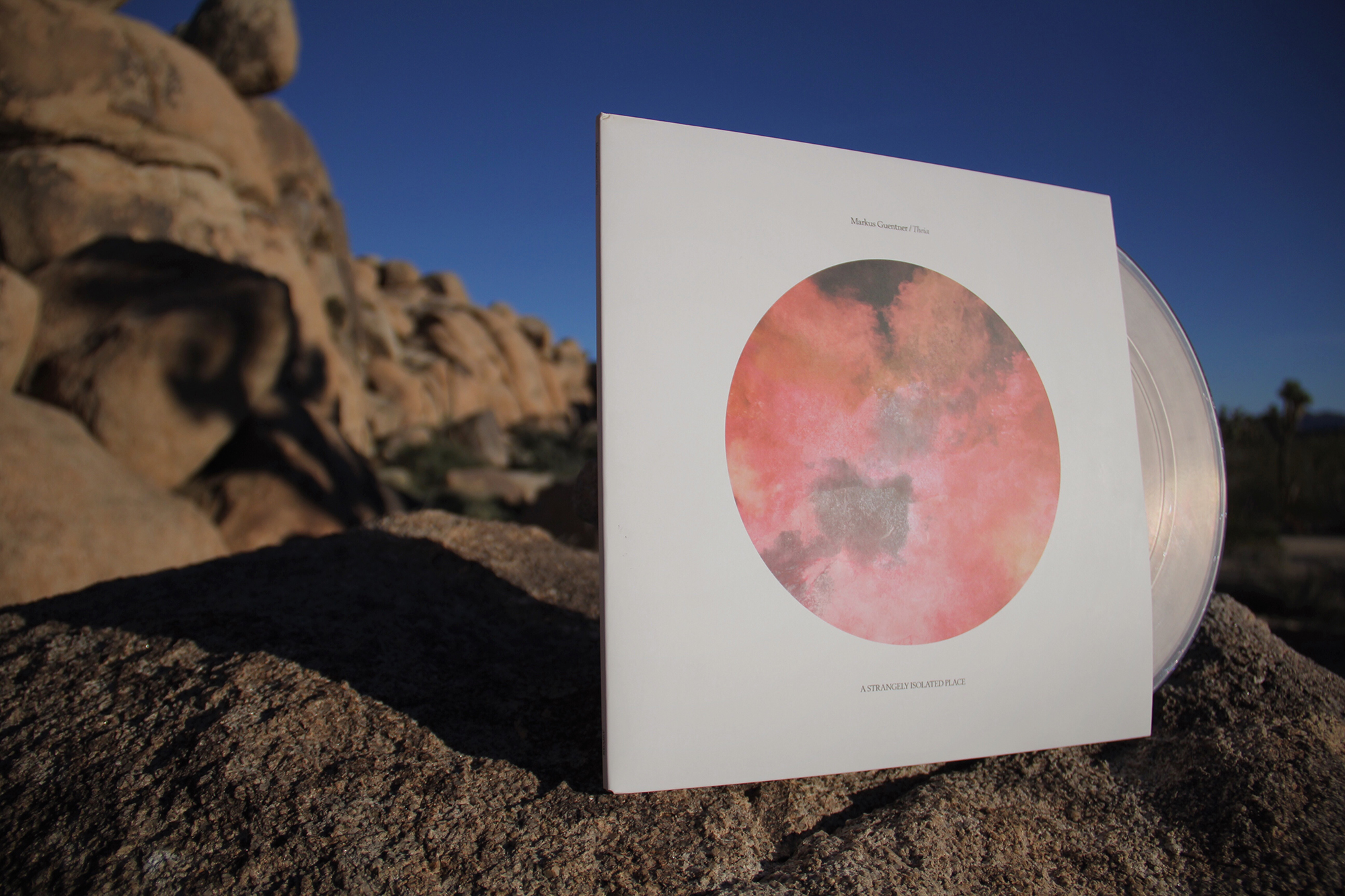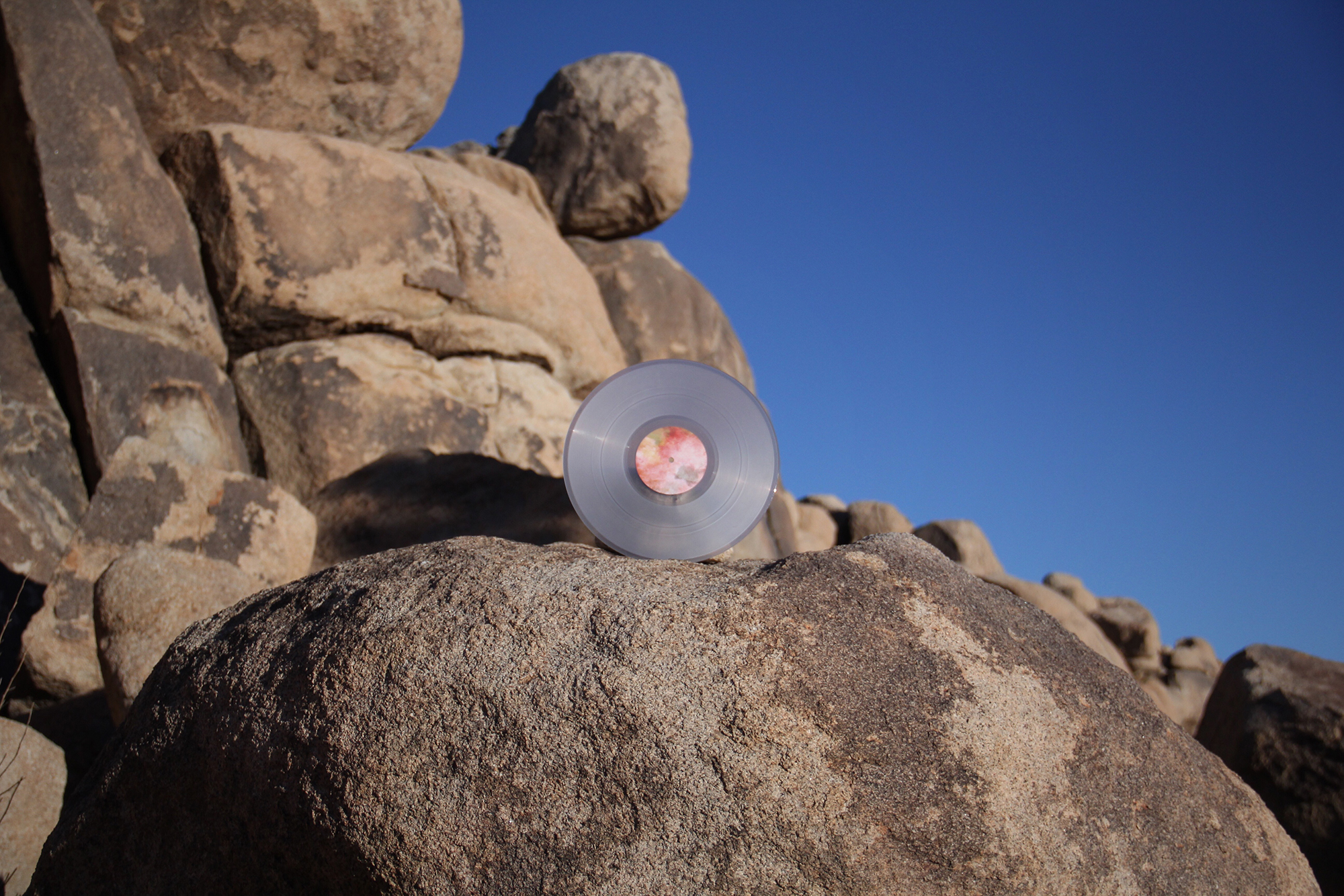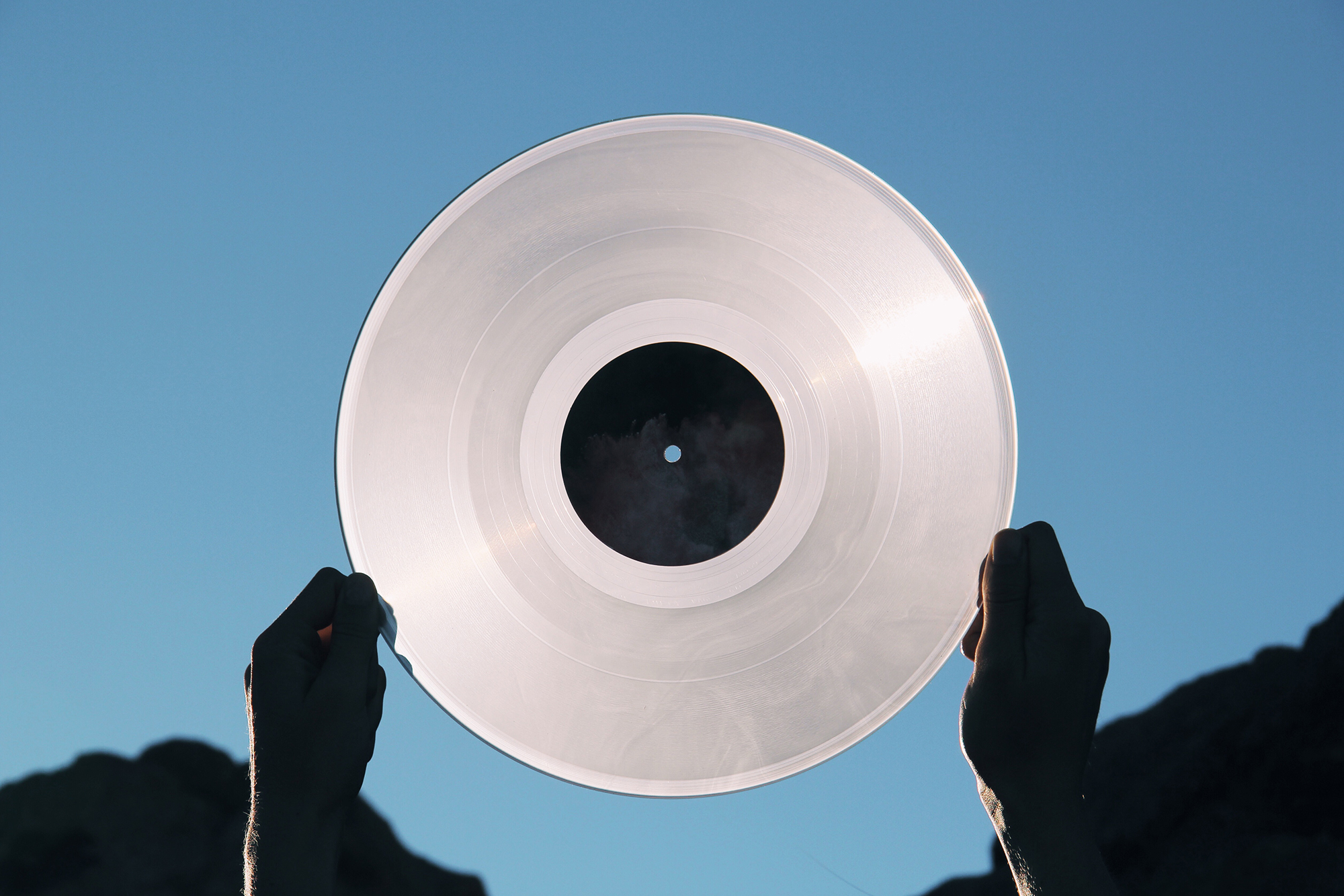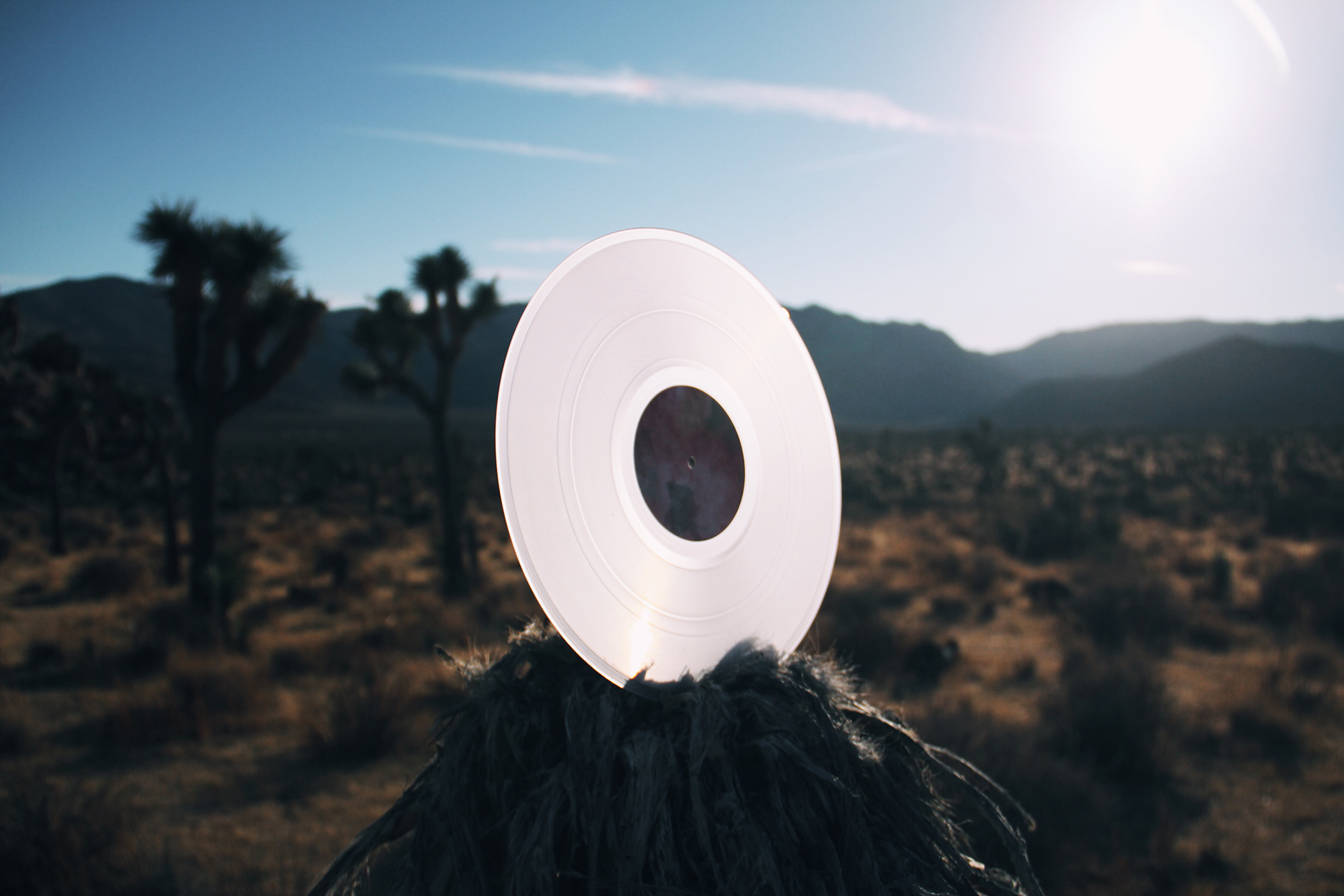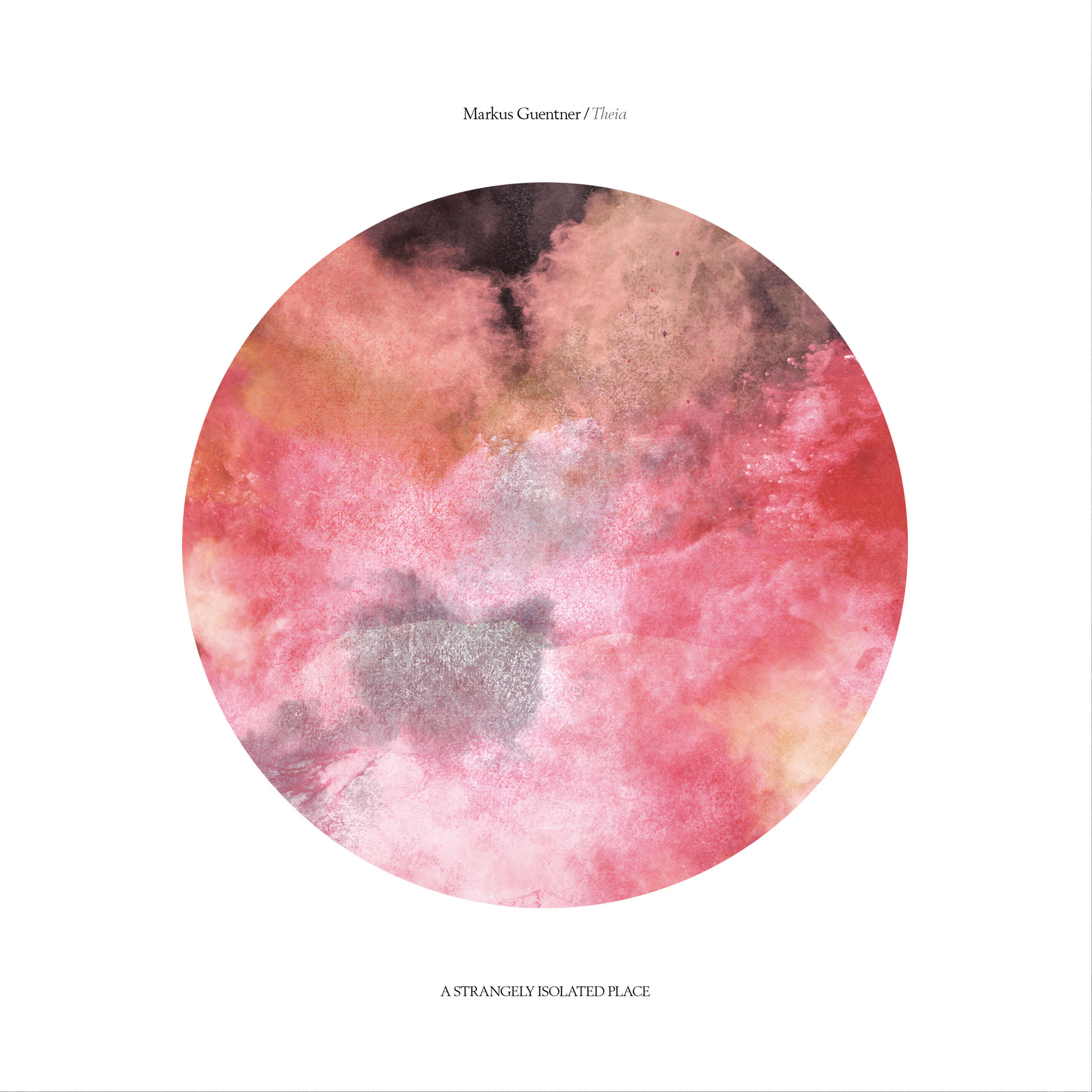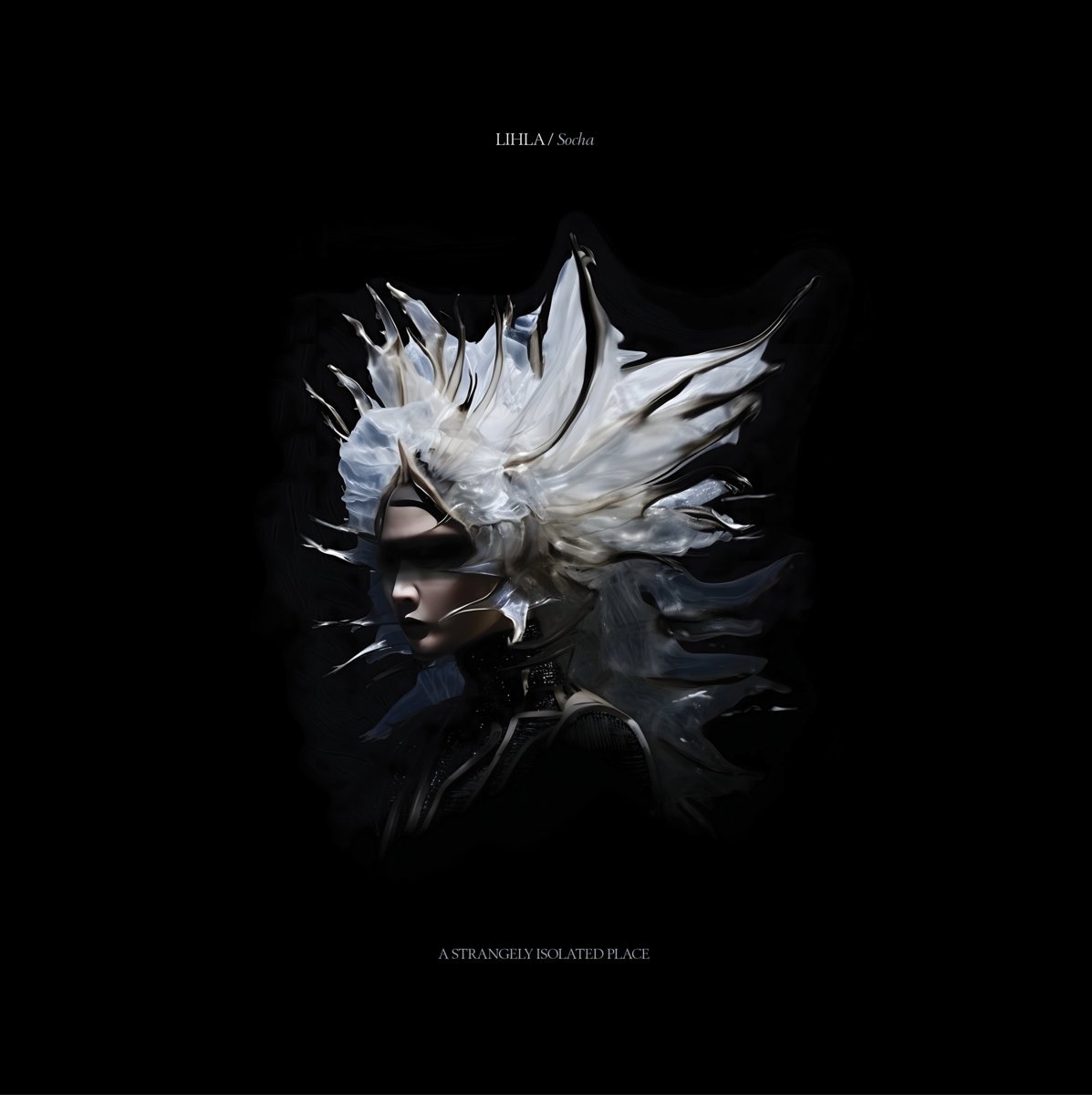I’m sure lots of people will be surprised just how much guitar and its many manipulations plays a central role in your productions. Why is that?
RAI: I started to play guitar when I was a teenager. It's a very powerful instrument, very versatile – you can play very aggressive music, or very melodic music with it. It's punk, it's rock, it's classical, it's ambient, all in one. For the longest of time, I wanted my guitar to not sound like a guitar, but more like a synth – I can play it with a bow and get cello-like sounds from it, I can use some very light picks and a volume pedal and make it sound like some very nice Enoesque pads. As time has passed, and I've gotten older (and dumber), I've started to see the guitar in the same way one would see a module in an Eurorack – strictly a sound device. I can sound design with a guitar and a few effect pedals, record it, then load into a sampler and then continue processing in my laptop, to the point it is no longer recognizable as a guitar. It's become something else, something new, unique and very much my own. Where most people would see a limitation, I see endless sonic possibilities.
Are there any instruments you don’t play and wish you could master one day?
RAI: I would have loved to be born with a velvety voice and be able to sing. The human voice is such a fascinating instrument.
Lawrence English mastered your album and helped on a few tracks. What’s the thought process behind getting someone else to master your record (when you’re fully capable to do so?)
RAI: This may come as a shock, but I NEVER master my own music. I relish having another person listen to it with fresh ears and opine, then have a conversation on HOW it should sound. Lawrence is somebody I trust, like his aesthetic and he knows my music very well. This is very important, possibly more important than any equipment. I wouldn't want the same person that worked on the latest EDM atrocity touching my work, no matter how good they might be as an engineer or how much gear they've got – without a real connection to the music, it means absolutely nothing. It's one of the reasons why I refuse to mix or master music I do not genuinely enjoy.
Are you still learning? If so, what or who is your inspiration? Is it just through self-experimentation or are you always seeking out further knowledge when it comes to production, mastering etc?
RAI. Of course, one should never stop learning and been inquisitive. I learn a lot from my peers, my colleagues, etc. In Seattle I had a huge community of people surrounding me, many artists, etc. Here, I was expecting to be VERY isolated when I moved out here, BUT, as it turned out, I'm extremely lucky: I live now close to two other amazing engineers, Dietrich Shonemann (who cut AFG to vinyl), and Taylor Deupree (who's also an amazing artist on his own right as well, as running the 12k label). We are always hanging and exchanging ideas, discussing, testing and comparing gear, or simply just chilling out. It's nice to have a community, even when you live in the middle of nowhere.
Outside of music, what else inspires you?
RAI: Visual art is always inspiring. I'm naturally drawn to minimalist painters, and as it turn out, I live now very close to the Dia: Beacon museum, which is absolutely amazing and awe inspiring. Beautiful building with possibly the largest collection of minimalist art in the world. I also find inspiration in films, books, and history.
You’re working on a secret ASIP remix project at the moment, can you tell us how you approach remixes? Do you decide whether it’s an RAI/The Sight Below remix beforehand, or do you see what happens in the process? What defines the style?
RAI: Well, first and foremost, I must enjoy the music, or at the very least, find something, maybe if it's one element, that captivates my attention in order for me to commit to doing a remix. A remix, in my opinion, must hold the same weight as any other of my songs, sound just like any other of my own tracks, have that sonic footprint.
In regards to how I decide which musical persona: that's fairly simple, sometimes I hear something and just know, “oh, this would be a great little motif for a TSB” track. It's something that happens organically, so unless somebody actually requests a specific remix, I'll pretty much just let the process play out.
Speaking of remixes, your Unfurled Remix EP was a momentous occasion and I’m the proud owner of a copy. Can you tell us a little bit about how that was conceived and the decision to not make a digital download available?
RAI: Well, first off, thank you VERY much for the support and plonking down some serious dough for that, so much appreciated! The track itself was the last TSB song I produced at my studio in Seattle. When all this crap went down last year, Ghostly were the first people to call me up. They were like “What can we do to help?” I'll never forget, so grateful for that...Anyway, as we were discussing perks for the fundraiser they were doing, I thought this might be a good track to release and have some remixes, as I happened to have the stems for it on my laptop, possibly one of the very few things left. I asked a few friends/colleagues I like and they were all like, yeah, of course I'm on board. They all put some serious thought to it too, and all the tracks came out superb.
I really wanted to make it special and unique, so early own we decided not to make it available digitally or elsewhere, just on that specific vinyl. It's an ACTUAL Ghostly official release, with it's own catalog number, so it's canon. It's the rarest Ghostly release ever, with just 40 copies made. I'm very happy with how it came out and again, couldn't be more grateful to everyone involved in making this happen for me.










